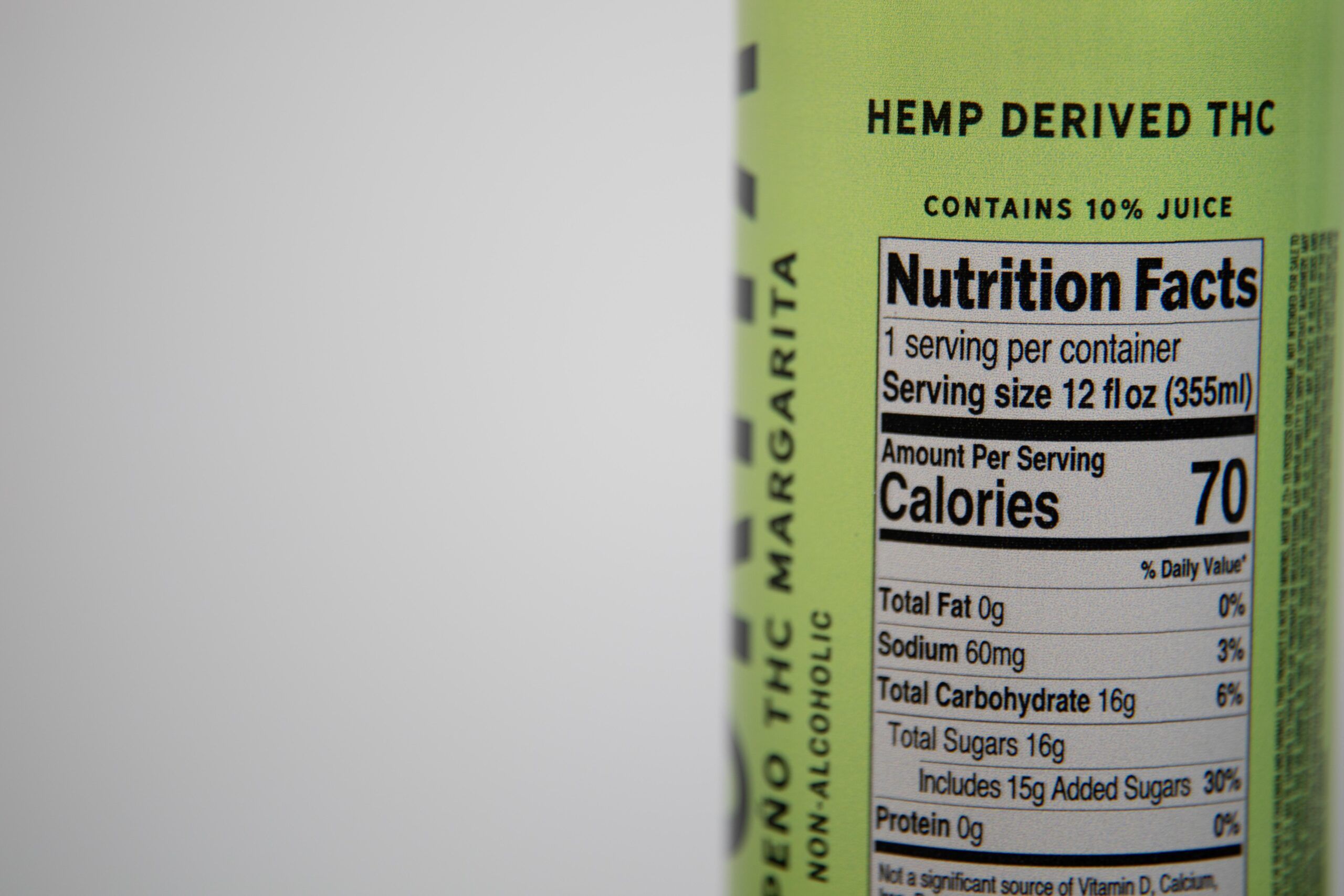
Recent Articles
-

Understanding the Difference between THC, CBD, and Hemp Products found at Dispensaries
Dispensaries offer a diverse range of cannabis products, primarily featuring THC and CBD, each with distinct properties and uses. Understanding these differences is crucial for…
Latest Blog Posts
-
The Best Cannabis Flower Brands to Buy in Clearwater
Boasting a thriving medical cannabis market, Clearwater offers a diverse selection of premium flower brands to cater to various patient needs. For those seeking quality, consistency, and a range of effects, several dispensaries in the area stand out for their…

-
Best CBD Picks for Managing Inflammation
As a long-time cannabis advocate, user, and blogger based in Clearwater, Florida, one local expert has extensively explored the CBD market to identify the most effective products for inflammation relief. Whether addressing chronic joint pain, post-workout soreness, or autoimmune flare-ups,…

-
How Social Media Continues to Shape Cannabis Culture
Social media has played a significant role in shaping cannabis culture, acting as a primary driver for brand marketing, industry influence, and job creation. Despite the regulatory restrictions that platforms impose, cannabis businesses, influencers, and advocates have found innovative ways…

